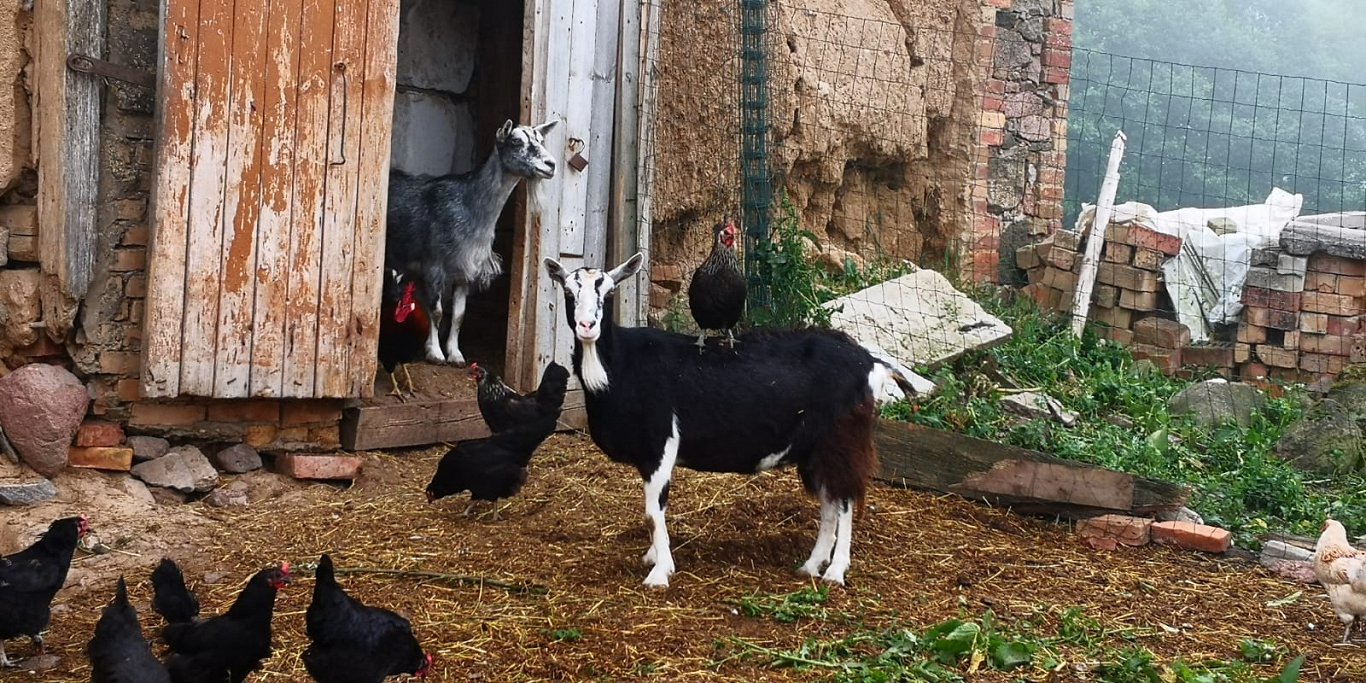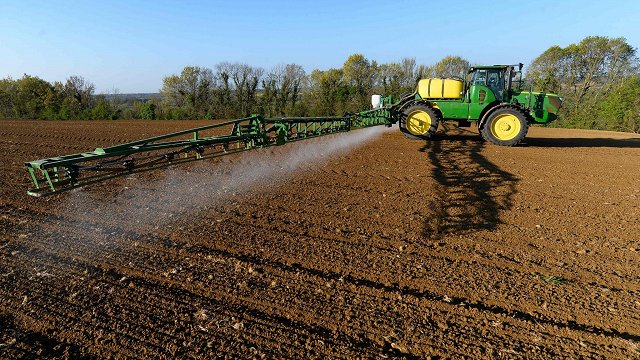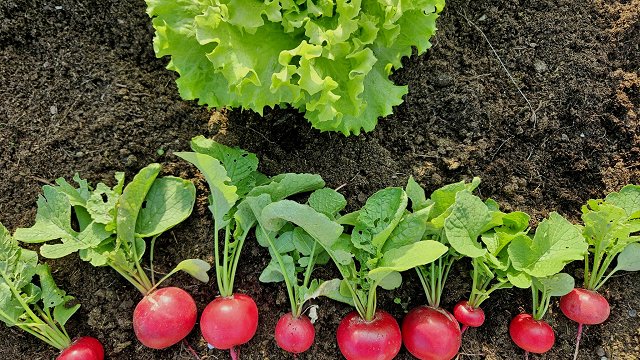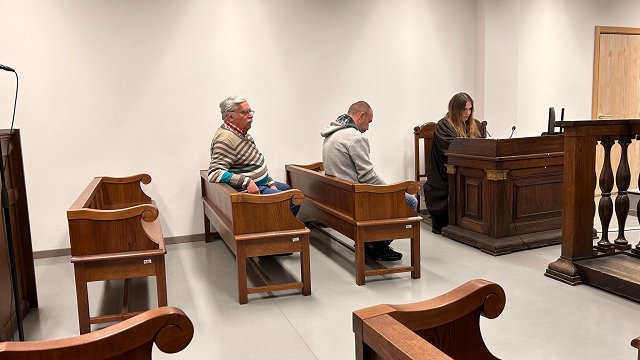The total area used for organic growing expanded from 14.7 million hectares (ha) in 2020 to 15.9 million ha in 2021, the equivalent of 9.9% of the total utilised agricultural area (UAA) in the EU.
Between 2012 and 2021, the area used for organic farming increased in almost all EU countries. The area almost quadrupled in Portugal (+283%) and Croatia (+282%), the sharpest rates of increase within the EU. It also grew rapidly in France (+169%) and also more than doubled in Hungary (+125%) and Romania (+101%).
In 2021 Latvia had 261,471 hectares fully converted to organic production and a further 40,000 hectares in the process of going organic, giving a total of 302,177 hectares. Back in 2012 Latvia had 195,658 organic hectares, so the figure has risen by 54% in nine years.
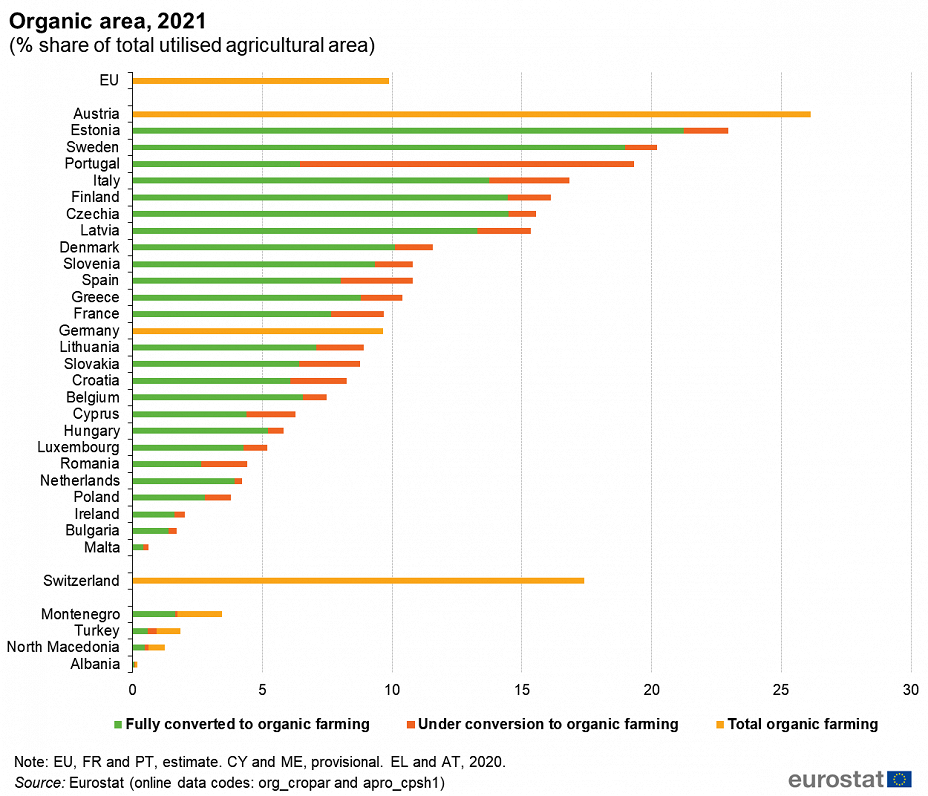
The highest shares of organic farming areas within total UAA were in Austria (26% in 2020), Estonia (23% in 2021) and Sweden (20% in 2021). Latvia also fares fairly well in the figures with 15% of its farming area classed as organic.
The share of organic farming was below 5% in six EU countries in 2021, with the lowest shares in Bulgaria (1.7%) and Malta (0.6%).
Around 3% of Latvia's cereals production is organic (fifth highest figure in EU) and just under 4% of fresh vegetables grown in Latvia are certified organic (also fifth highest in EU).
Regarding organic livestock, more than one third of sheep and goats raised in Latvia (36 %) were raised according to organic farming methods. This is the highest figure in the whole EU and Latvia also ranks second in the EU for its share of organic bovines (26%) behind Greece.
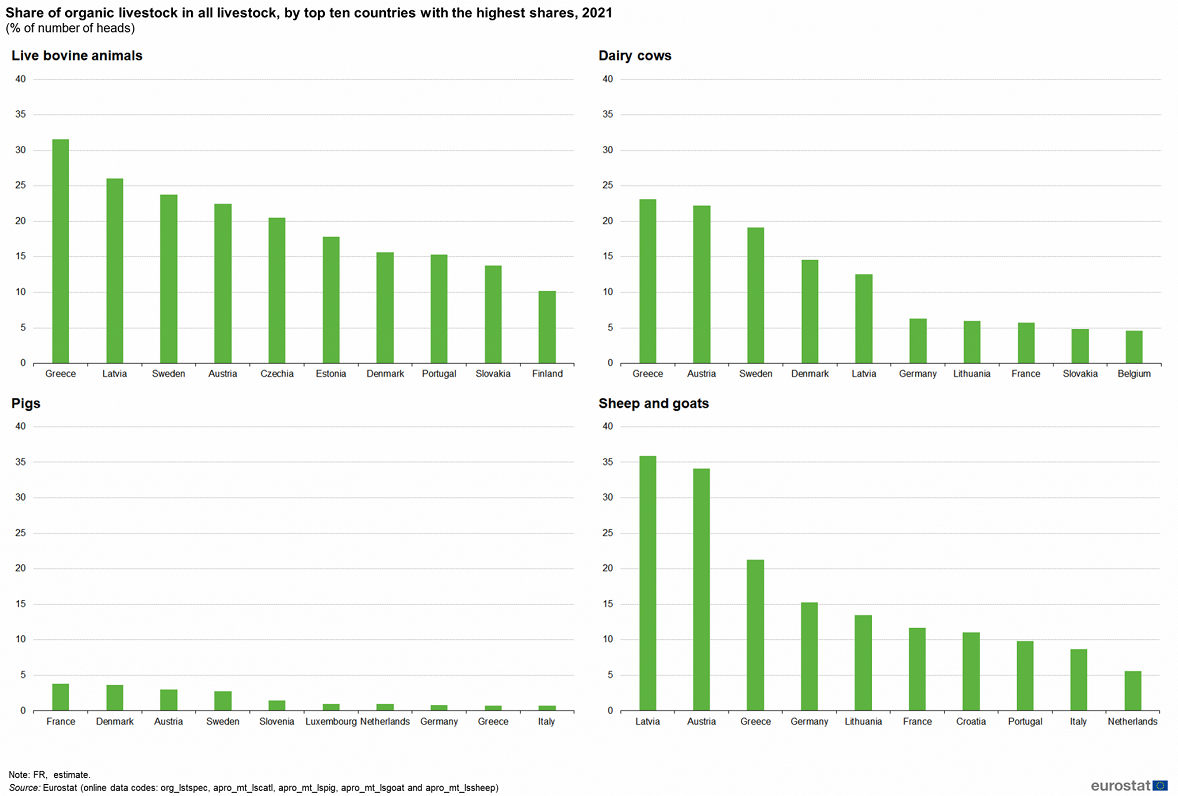
One of the main objectives of the European Commission’s Farm to Fork strategy is to encourage the development of organic farming areas, which should represent 25 % of the EU's agricultural land by 2030.
